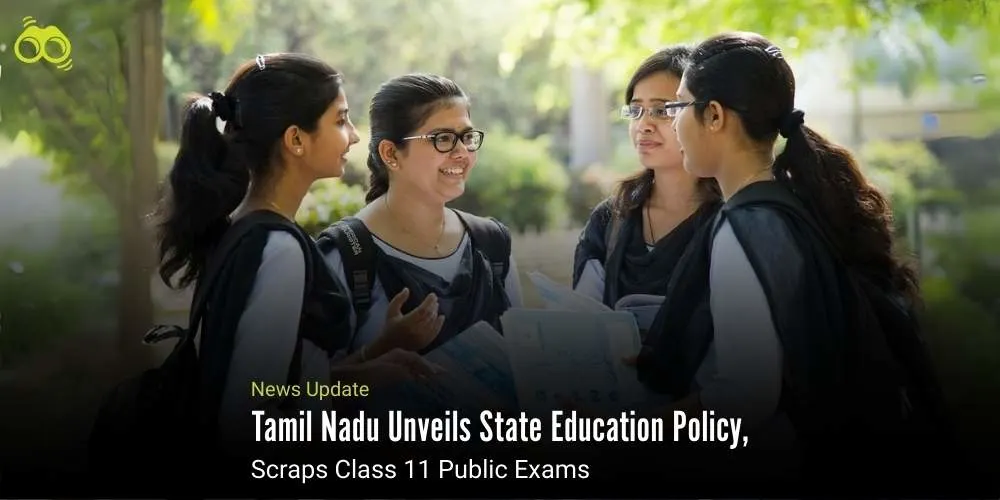Tamil Nadu Unveils Progressive Education Policy Rooted in Social Justice
SEP 2025: Tamil Nadu Reaffirms Bilingual Instruction and Educational Autonomy
In a landmark assertion of educational federalism, Tamil Nadu Chief Minister M.K. Stalin formally launched the State Education Policy (SEP) on 8 August 2025, positioning it as a principled alternative to the Centre’s National Education Policy (NEP). The announcement, made at the Anna Centenary Library in Chennai, reflects the state’s longstanding opposition to the NEP’s three-language formula and centralised governance model, both of which are viewed as incompatible with Tamil Nadu’s commitment to social justice and linguistic autonomy.
The SEP, drafted by a 14-member expert committee chaired by retired Delhi High Court Chief Justice D. Murugesan, reaffirms Tamil Nadu’s two-language policy, Tamil and English, as a non-negotiable cornerstone of its educational identity. Unlike the NEP, which advocates Hindi as a third language, Tamil Nadu’s policy underscores the cultural and constitutional imperative to resist linguistic imposition. Among the key reforms, the SEP abolishes public examinations for Class 11, thereby dismantling the previous model of three consecutive high-stakes years. Instead, the policy promotes continuous internal assessment and project-based learning, aiming to reduce academic stress and foster deeper conceptual understanding. Chief Minister Stalin emphasised that the new framework is designed to cultivate critical thinking, creativity, and technological aptitude, while integrating physical education to support holistic development.
He reiterated that Tamil is not merely a medium of instruction but a symbol of identity and pride. The bilingual approach, he noted, ensures that students remain rooted in their cultural heritage while gaining global competencies. The policy also includes targeted measures to improve access to higher education, with the state aiming to raise enrolment from the current 72% to 100% among Plus Two graduates.
At the launch event, organised by the School Education Department, Stalin presented certificates and laptops to government school students who had secured admission to higher education institutions. He described the SEP as a product of Tamil Nadu’s progressive ethos and future-focused vision, crafted to reflect the state’s unique character and aspirations. The event was attended by Deputy Chief Minister Udhayanidhi Stalin, School Education Minister Anbil Mahesh Poyyamozhi, senior ministers, Chief Secretary N. Muruganandam, and other officials, marking Tamil Nadu’s emergence as the first state to formally codify its education policy in response to the NEP. Tamil Nadu's State Education Policy (SEP) serves as a pioneering model for state-driven reform, deeply rooted in the principles of equity, identity, and innovation. This policy strongly reasserts the state's authority over its educational landscape.
Editor’s Note:
Tamil Nadu’s decision to introduce its own State Education Policy is both timely and bold. It reflects a deep-rooted commitment to social justice, linguistic identity, and educational autonomy. By rejecting the National Education Policy’s centralised and Hindi-centric framework, the state has reaffirmed its right to shape learning in ways that reflect its values and realities. The SEP’s emphasis on bilingual instruction, critical thinking, and inclusive access is commendable. It moves away from rote learning and exam pressure, and instead promotes creativity, curiosity, and holistic development. This is a progressive step that places students at the centre of policy, not systems.
Skoobuzz believes that Tamil Nadu has set a strong example. Other states may now feel encouraged to reflect on their educational priorities and assert their constitutional role in shaping them.














0 Comments (Please Login To Continue)